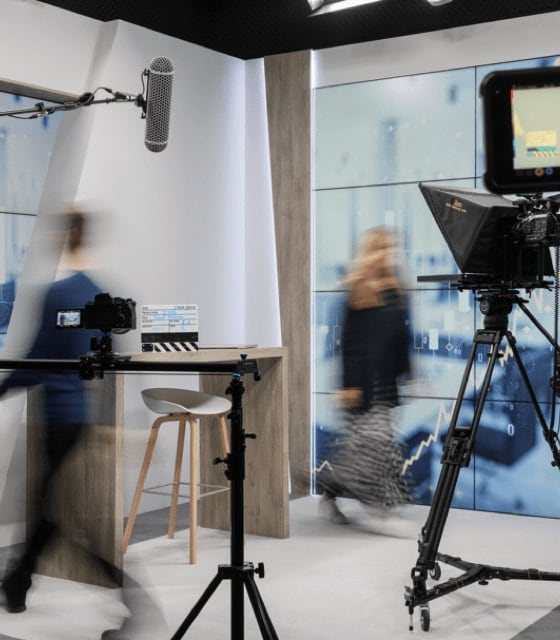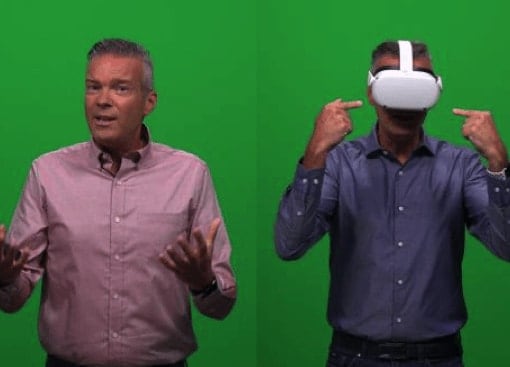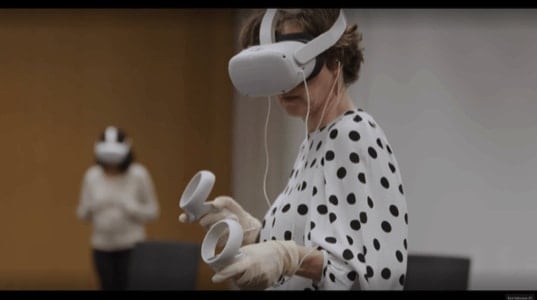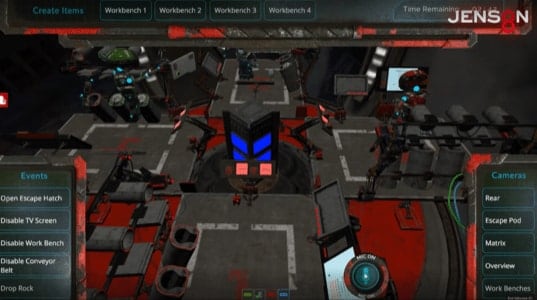In a sign of the continued restrictions of the pandemic, but also as a reflection of changing client preferences, about two-thirds of IMD’s revenues came from technology-mediated programs, compared to about 10 percent pre-pandemic.
With the increased uptake in virtual learning, the number of Zoom participants and sessions rose by about 14% and 21% respectively on the previous year.
As videoconferencing tools became part of everyday life, there was a risk of “Zoom fatigue” hindering the impact of executive education programs.
In response, IMD ensured its pedagogical design was even more tightly tuned, focused and delivered in an engaging way, for example, with programs featuring shorter, segmented and varied sessions and further developing pre- and post-program engagement to personalize learning journeys.
As well as a growing range of fully online and native liVe offerings, the blended approach of more complex learning journeys became more mainstream across the IMD portfolio in 2021, featuring asynchronous online modules, synchronous liVe sessions and in-person options that could be tailored to the needs of participants and the aims of the program.




